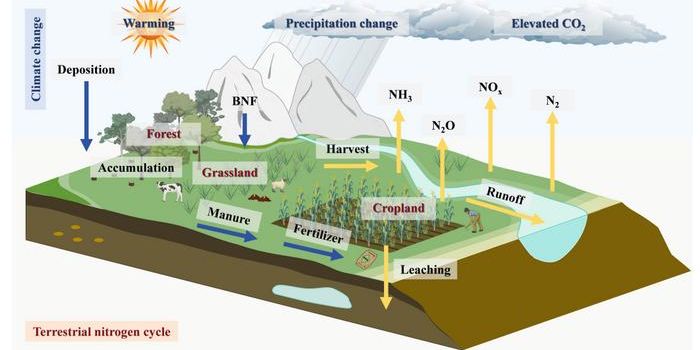PFAS levels are dangerously high in US drinking water
A study published recently in the journal Environmental Science & Technology Letters has found toxic levels of PFAS chemicals in the drinking water of over 200 million people in the United States. PFAS chemicals have been shown to be used in a wide range of industries and linked to adverse health effects such as liver damage, thyroid disease, decreased fertility, high cholesterol, obesity, hormone suppression, and cancer.
"We know drinking water is a major source of exposure of these toxic chemicals," said Olga Naidenko, Ph.D., vice president for science investigations at EWG and a co-author of the new study. "This new paper shows that PFAS pollution is affecting even more Americans than we previously estimated. PFAS are likely detectable in all major water supplies in the U.S., almost certainly in all that use surface water."
The Environmental Working Group report found PFAS at concentrations of 1 part per trillion or higher; previous studies have recommended a safe level for PFAS in drinking water of 1 ppt, a standard that is endorsed by EWG.
Currently, the US does not have a national requirement for ongoing testing and there is not a PFAS national drinking water standard in drinking water. While the EPA has issued a lifetime health advisory level of 70 ppt for the two most notorious fluorinated chemicals, PFOA and PFOS, this advisory is clearly inadequate without substantive regulation and enforcement. Because of this, some states have passed their own regulations for PFOA and PFOS, including California, Massachusetts, Michigan, New Hampshire, New Jersey, New York, and Vermont.
The researchers comment that this is another case of science being turned political. "The first step in fighting any contamination crisis is to turn off the tap," said Scott Faber, EWG senior vice president for government affairs. "The second step is to set a drinking water standard, and the third is to clean up legacy pollution. The PFAS Action Act passed by the House would address all three steps by setting deadlines for limiting industrial PFAS releases, setting a two-year deadline for a drinking water standard, and designating PFAS as 'hazardous substances' under the Superfund law. But Mitch McConnell's Senate has refused to act to protect our communities from 'forever chemicals.'"

These PFAS are known as forever chemicals because they literally never degrade. Because they contaminate food and drinking water, they have already been documented in almost every living organism that has been tested.
"When we look for PFAS contamination, we almost always find it," said co-author David Andrews, Ph.D., a senior scientist at EWG. "Americans should trust that their water is safe, but far too many communities have water supplies polluted by toxic PFAS chemicals. These are some of the most insidious chemicals ever produced, and they continue to be used. Our analysis was largely limited to PFOA and PFOS, but many more PFAS are found to contaminate drinking water and the entire class of PFAS chemicals is a concern."
Sources: Environmental Science & Technology Letters, Eureka Alert








